- Call Us 03 8353 2113
- Mail Us sale@laxmidoor.com
Blog
How to Choose the Best Security Doors for Your Home Safety
When it comes to enhancing home safety, choosing the best security doors is essential in today's world where burglary remains a pressing concern. According to the Bureau of Justice Statistics, a burglary occurs every 26 seconds in the United States, underscoring the critical need for effective home security solutions. A comprehensive report by the Security Industry Association highlights that well-designed security doors can not only deter intruders but also provide an added layer of protection against environmental hazards. With various options available, selecting the best security doors requires consideration of key factors such as material, design, and locking mechanisms. This guide will help homeowners navigate the myriad of choices to ensure they invest in security doors that effectively safeguard their residence while complementing their aesthetic preferences.
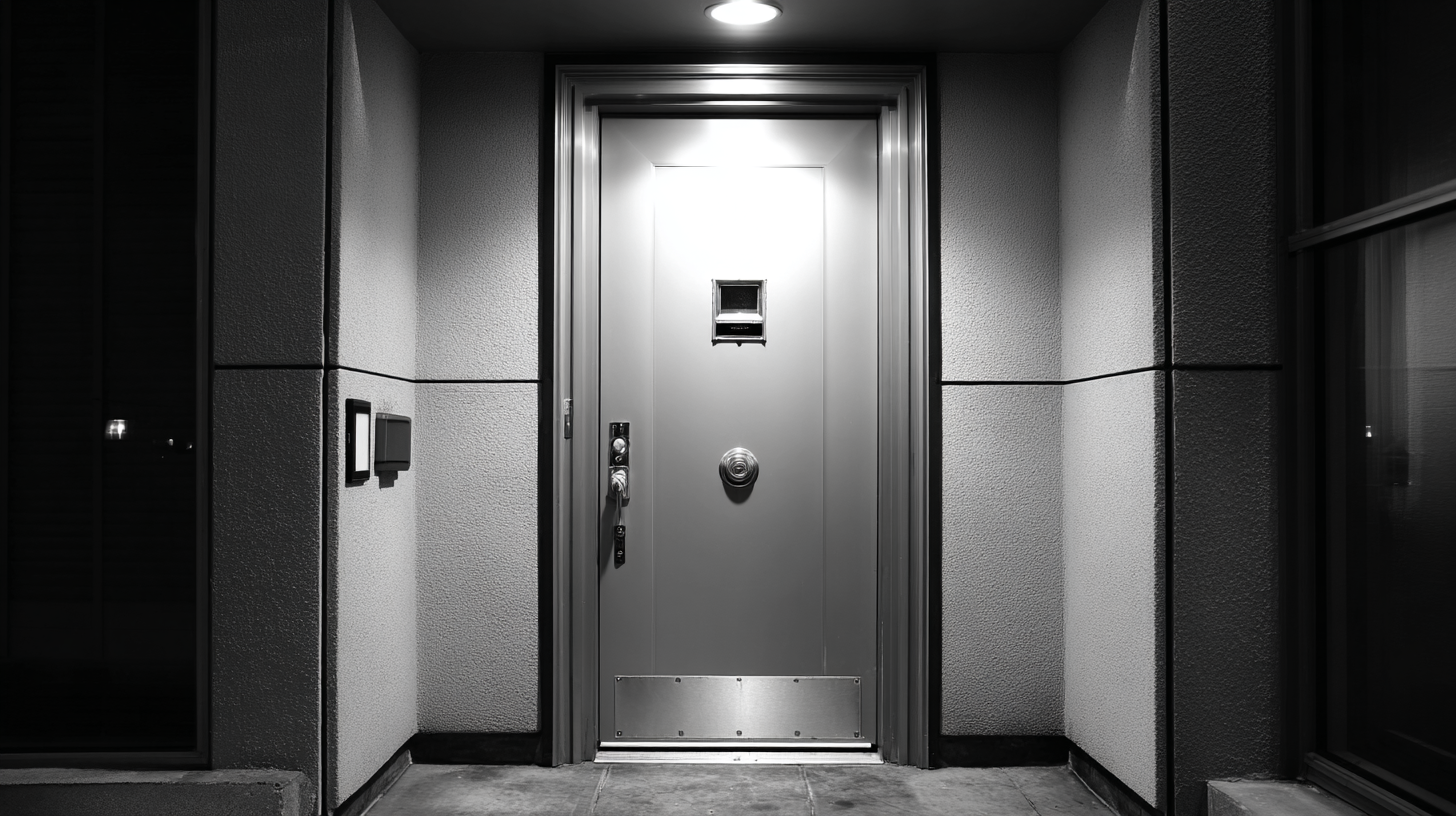
Factors to Consider When Selecting Security Doors for Optimal Home Protection
When selecting security doors for optimal home protection, one of the key factors to consider is the material composition. According to the Security Industry Association (SIA), steel doors provide the highest level of strength and resistance against forced entry, far exceeding that of wooden doors. A study by the National Institute of Justice (NIJ) found that homes with a well-constructed steel security door are 60% less likely to experience a break-in compared to those without.
Another crucial aspect to evaluate is the door’s locking mechanism. The American National Standards Institute (ANSI) emphasizes that deadbolt locks with a grade of at least 1 offer superior security. Doors equipped with multiple locking points not only enhance protection but also improve overall door stability. Furthermore, installing a security door that meets or exceeds these standards can greatly reduce potential vulnerabilities, making your home significantly safer.
Additionally, the design and installation of the door play a vital role in its effectiveness. A properly installed security door should have minimal gaps to deter intruders and can be enhanced with features such as safety screens or shatter-resistant glass. Homeowners are advised to consult with security professionals to ensure that their selected doors not only meet industry standards but also are tailored to their specific safety needs, thus fortifying their homes against potential threats.
Understanding Different Types of Security Door Materials and Their Benefits
When selecting the best security doors for your home, it's crucial to understand the various materials available and their unique benefits. Security doors are commonly made from materials like steel, wood, fiberglass, and composite options. Steel doors, known for their durability and resistance to forced entry, provide a high level of protection. However, they can be heavier and may require specific framing.
Fiberglass and composite materials are gaining traction due to their impressive strength-to-weight ratio and ability to withstand environmental stressors. Composite materials, in particular, offer enhanced durability, making them less susceptible to warping or cracking over time. This makes them a great choice for homes in areas with extreme weather conditions. Additionally, these materials can be designed to mimic the appearance of wood without the associated maintenance challenges, providing both aesthetic appeal and functional security. Ultimately, the right choice will depend on your specific needs, budget, and the level of security you desire.
Comparison of Security Door Materials
Key Security Features to Look for in High-Quality Home Security Doors
When selecting security doors for your home, it’s essential to prioritize key features that enhance safety and durability. One of the most important aspects to consider is the material of the door. Steel doors are highly recommended due to their strength and resistance against forceful entry. Additionally, ensure that the door has a solid core, which provides extra protection compared to hollow interior doors.
Another critical feature to look for is the locking mechanism. High-quality doors should be equipped with advanced locking systems, such as deadbolts that offer superior security. In today's smart home environment, consider doors that can accommodate smart locks, providing convenient access options while bolstering overall security. Furthermore, look for doors that have features like reinforced frames and multi-point locking systems, as these can significantly enhance the door's resistance to break-ins. Always remember, the best security doors not only protect your home but also add peace of mind for you and your family.
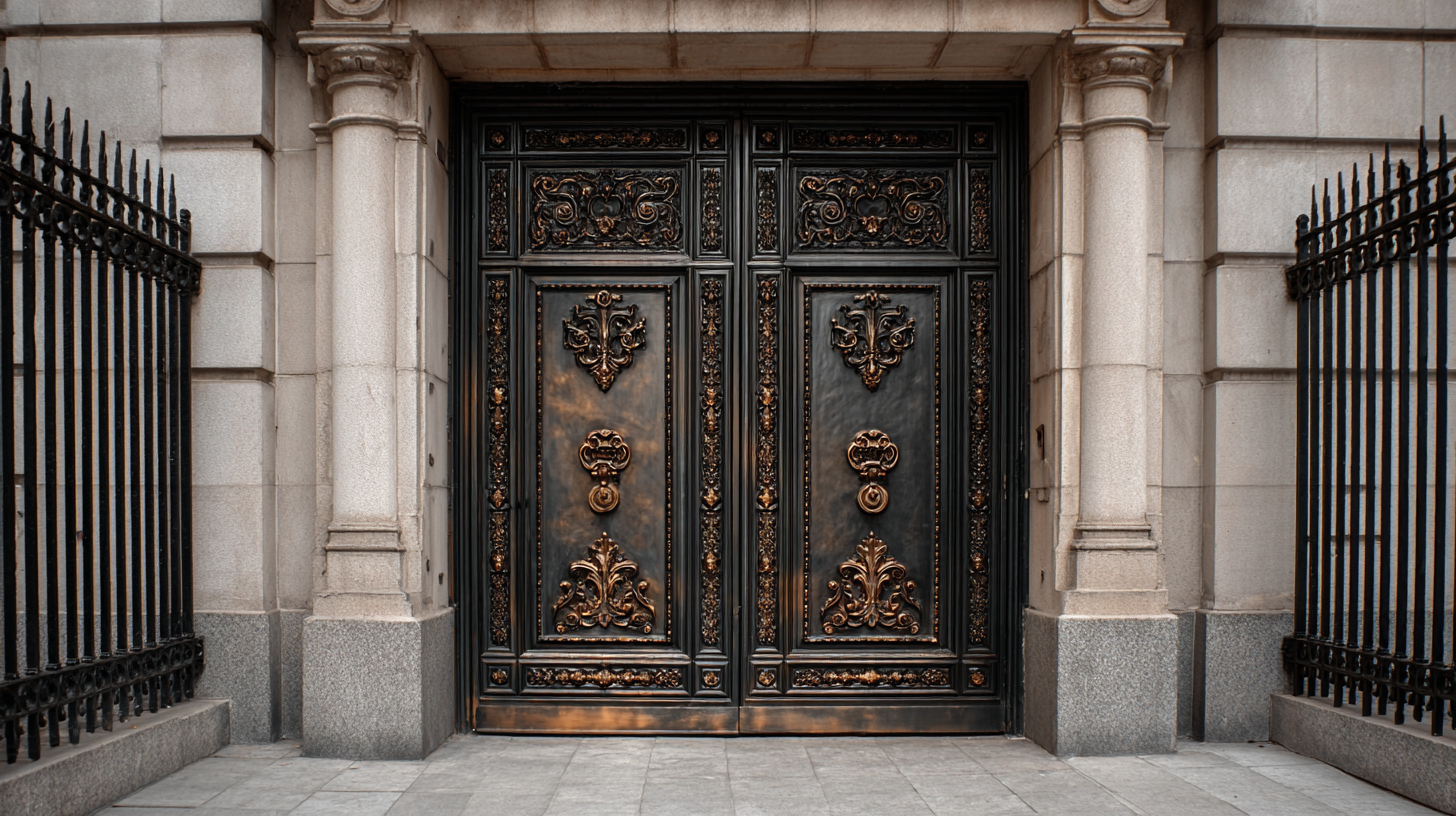
Comparative Analysis of Security Door Ratings and Certifications in the Industry
When selecting the best security doors for your home, understanding the ratings and certifications within the industry is crucial. According to a report from the American National Standards Institute (ANSI), security doors are often graded based on their resistance to forced entry and overall durability. For instance, doors that meet ANSI/SDI 105-2018 standards are recognized for their ability to withstand significant pressure, with a testing protocol that simulates real-world break-in attempts. This provides homeowners with a reliable benchmark when choosing the right door for enhanced safety.
Furthermore, the Intertek Testing Services emphasizes the importance of certification marks such as UL 639 for burglary-resistant doors. Doors that pass these stringent tests are often rated on a scale from 1 to 5, with 5 indicating the highest level of security. With such standards in mind, homeowners can make informed decisions based on the specific ratings that align with their security needs. Investing in a door with reputable certifications not only enhances safety but also potentially lowers insurance premiums, as insurers often recognize the added security measures.
How to Choose the Best Security Doors for Your Home Safety - Comparative Analysis of Security Door Ratings and Certifications in the Industry
| Feature | Rating | Certification | Durability (Years) | Cost ($) |
|---|---|---|---|---|
| Steel Construction | 5/5 | UL 752 Level 1 | 20+ | 500 |
| Reinforced Frame | 4.5/5 | ASTM F588 | 15 | 400 |
| Impact Resistance | 4/5 | Miami-Dade County Certified | 25+ | 600 |
| Fire Rating | 3/5 | NFPA 252 | 10 | 450 |
| Burglary Resistance | 4.8/5 | ANSI/SDI A250.13 | 15 | 550 |
Cost-Benefit Analysis of Installing Security Doors for Long-Term Home Safety
When considering the installation of security doors for long-term home safety, a cost-benefit analysis is essential. First, the initial investment in quality security doors may seem high; however, it is crucial to evaluate this expense against the potential costs of a burglary or home invasion. Insurance claims can be significant, and the emotional toll of a break-in is immeasurable. High-quality security doors act as a deterrent, making it less likely for intruders to target your home, thereby protecting your possessions and ensuring peace of mind.
Moreover, the durability and resilience of security doors contribute to their long-term value. With a variety of energy-efficient models available, homeowners can also benefit from reduced energy costs over time. These doors not only enhance security but can also improve the aesthetic appeal of your home, potentially increasing its market value. In essence, while the upfront cost may be higher than standard doors, the long-term savings and enhanced safety make security doors a worthy investment for any homeowner concerned about their family's well-being.
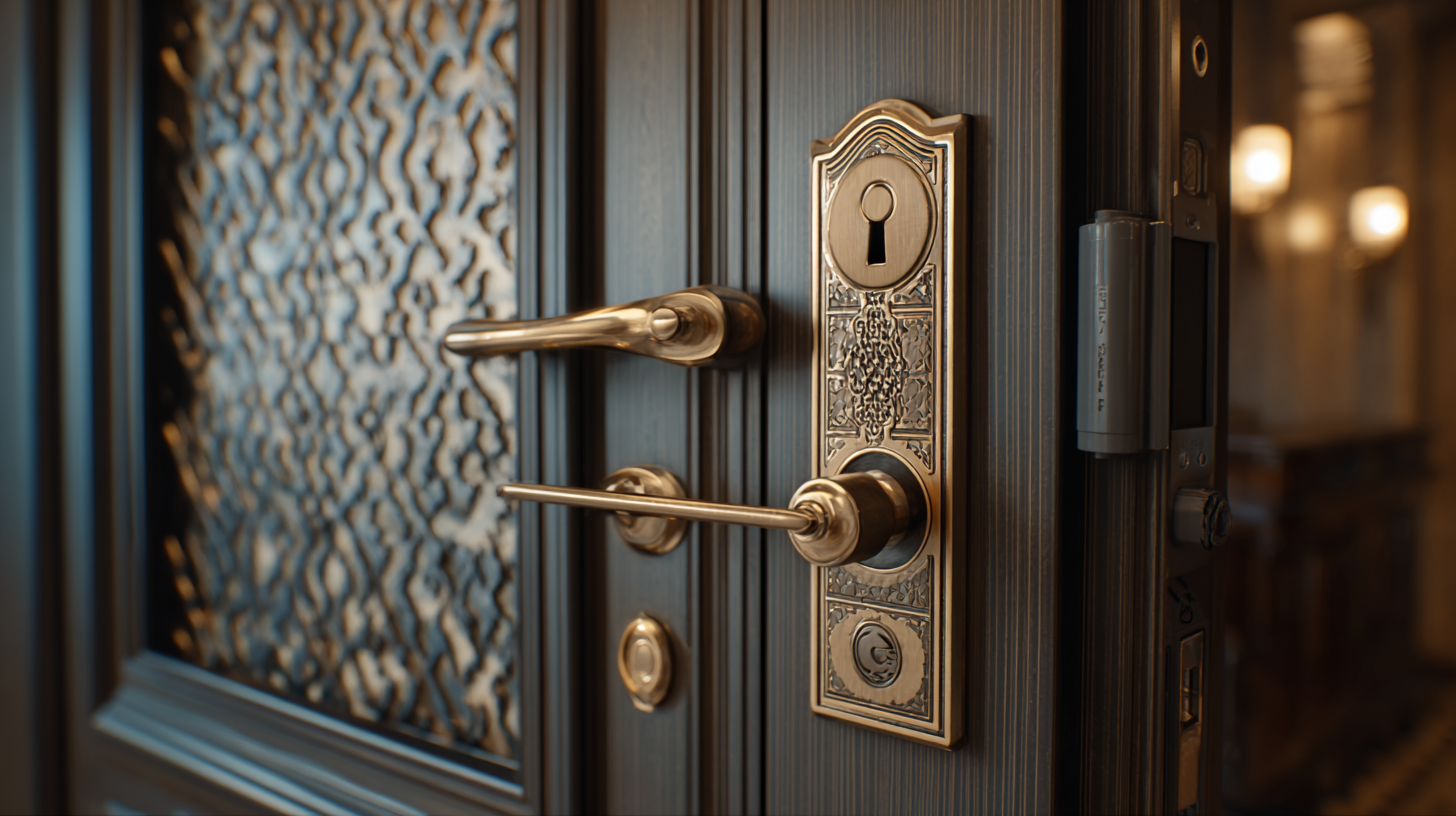
Related Posts
-

Comprehensive Guide to Security Doors and Screens Features and Optimal Selection for Global Buyers
-
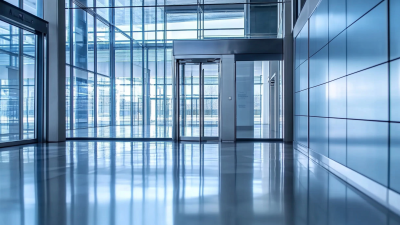
The Ultimate Security Door Installation Checklist for Global Sourcing Success
-

How to Select Top Manufacturers for Best Security Doors Installed: Comprehensive Solutions Guide
-

Ultimate Checklist for Choosing the Perfect Security Screen Doors for Your Home
-
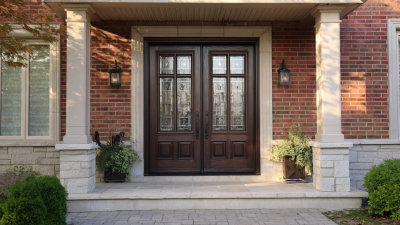
7 Ways Best Home Security Doors Enhance Your Property Value
-
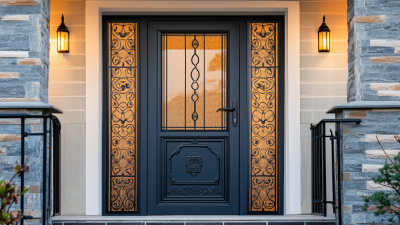
7 Unmatched Security Screen Door Installation Tips for Global Buyers
